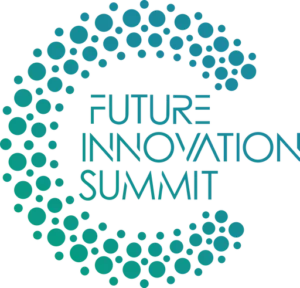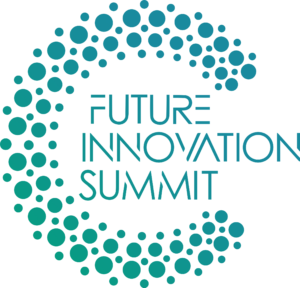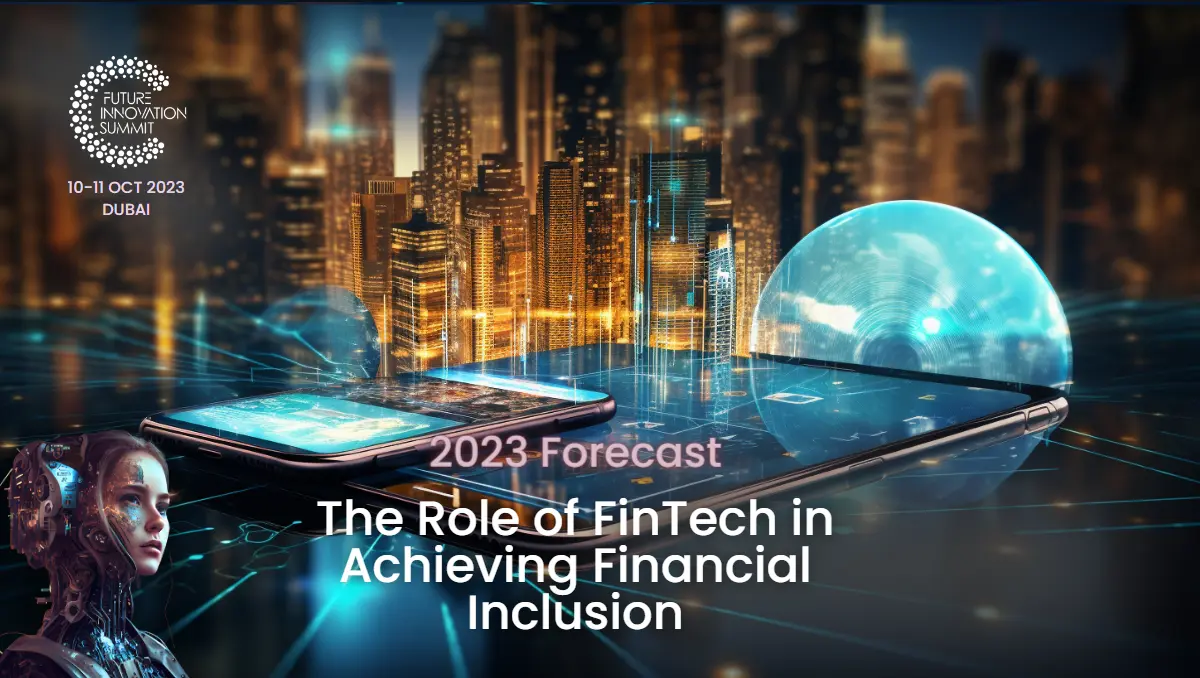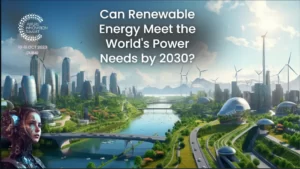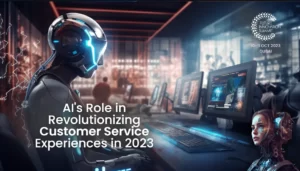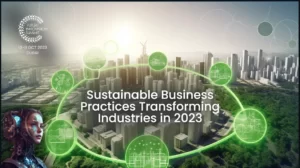Introduction
Financial inclusion, the mission to make financial services accessible at affordable costs to all individuals and businesses, regardless of their net worth or company size, has been a major driving force in the development of financial technology, or FinTech. The World Bank has set a goal to achieve universal financial access by 2023. FinTech plays a pivotal role in realizing this objective.
Influence of FinTech on Financial Inclusion
FinTech, which employs advanced technology to improve financial services, has revolutionized the banking sector, insurance, asset management, and payments industry. More importantly, it has created opportunities for financial inclusion that were impossible with traditional banking systems.
- Mobile Money: FinTech companies have leveraged the ubiquity of mobile phones to extend banking services to the unbanked and underbanked population. Mobile money allows users to receive, store, and spend money using a mobile device, enabling transactions even in areas with limited or no banking infrastructure.
- Microfinance and Peer-to-Peer (P2P) Lending: Traditional banks often shun smaller loans due to their high administrative costs relative to potential profit. FinTech platforms, conversely, can automate much of the lending process, making microloans profitable and facilitating peer-to-peer lending, which connects borrowers directly with lenders.
- InsurTech: FinTech is not limited to banking. Insurance technology, or InsurTech, has used technology to simplify buying insurance, making it more affordable and understandable to a larger audience.
Notable FinTech Companies Driving Financial Inclusion in 2023
Several FinTech companies have emerged as leaders in promoting financial inclusion. Here are a few that are making significant strides in 2023:
- M-Pesa: A pioneer in mobile money, M-Pesa has dramatically increased access to financial services in parts of Africa where traditional banking infrastructure is lacking.
- Ant Financial: The Chinese company, an affiliate of the Alibaba Group, offers various financial services, including wealth management, insurance, and credit services, all through a mobile app.
- Kiva: This non-profit organization uses a crowdfunding model to facilitate microloans, enabling individuals in developed countries to lend small amounts to entrepreneurs in developing countries.

The Future of FinTech in Promoting Financial Inclusion
As we progress through 2023, FinTech continues to bridge the gap between traditional financial services and the unbanked population. The potential for further progress is immense with AI, blockchain, and data analytics advancements. However, challenges such as regulatory compliance, privacy concerns, and cybersecurity must be addressed for FinTech to fulfill its promise of universal financial inclusion.
FinTech Trends to Look Forward to in 2023
As we navigate through 2023, several trends are shaping the landscape of FinTech, further driving financial inclusion:
- Blockchain Technology: While most commonly associated with cryptocurrencies, blockchain technology has far-reaching potential in FinTech. Its transparent, immutable nature makes it ideal for reducing fraud in financial transactions, thereby fostering trust among the unbanked population.
- Artificial Intelligence (AI) and Machine Learning (ML): AI and ML are becoming increasingly integral to FinTech. These technologies can analyze vast amounts of data to assess credit risk, customize financial advice, and detect fraudulent transactions, making financial services more accessible and safer for underserved populations.
- RegTech: Regulatory Technology, or RegTech, uses technology to streamline compliance with regulations. It can help FinTech companies navigate the complex regulatory landscape, allowing them to provide services to a broader audience.
Addressing the Challenges
Despite the exciting progress, FinTech’s journey toward promoting financial inclusion isn’t without its challenges:
- Regulatory Challenges: Given that FinTech operates at the intersection of finance and technology – two heavily regulated sectors – regulatory challenges are inevitable. However, the rise of RegTech offers potential solutions.
- Digital Literacy: To achieve financial inclusion, the targeted populations must understand how to use the technology; This emphasizes the need for comprehensive digital literacy programs.
- Cybersecurity: As more financial transactions move online, the threat of cybercrime increases. FinTech firms must prioritize robust cybersecurity measures to protect users’ financial and personal information.

Conclusion
The path toward financial inclusion through FinTech is exciting and dynamic, but it requires continued innovation, collaboration, and regulation. As we continue through 2023, it becomes clear that FinTech is vital to breaking down barriers to financial inclusion. It is a powerful tool that, if properly harnessed, could bring financial services to every corner of the globe.
- Summit topics: AI – Sustainability – EduTech – HelthTech – FinTech
- Visit our LinkedIn page.
- AI generates images.
